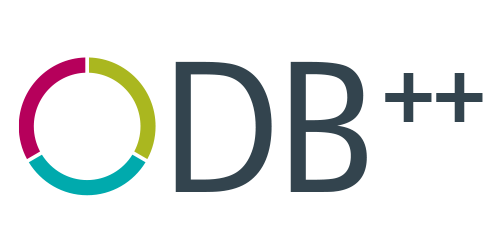In 1980 an open ASCII vector format with the purpose of controlling numerically controlled equipment for the creation of photo-plotting film was first published. The format’s basis was established in the 60’s as a subset of an existing EIA format. At that time it was not intended for the format to become a standard that an entire industry would base the exchange of design requirements into manufacturing with, but that is in fact what happen. Since then there have been a few enhancements to exchange additional information beyond its numerical control origins, but the original intended need still dominates that core purpose.
Fast forward 40 years to a time where the PCB industry has largely become reliant on a robust and ever evolving format specifically created to intelligently exchange PCB fabrication requirements from design into manufacturing. The ODB format was created in 1995 from the ground up focusing on intelligent PCB manufacturing content without the restriction imposed by numerically controlled equipment, nor the bureaucracy of a large committee, and instead identifies and tackles the needs of its user community. A few years into ODB format exchange acceptance the need expanded to include component information giving birth to the ODB++ format that today is a de facto standard supported by fabrication and assembly application solutions worldwide. Over the past 25 years, ODB++ for Design has been used to transfer more PCB designs into manufacturing than any other intelligent format.
While working with our users, it has become clearly apparent that there is a similar need for the intelligent exchange of manufacturing information further in the supply chain to support the execution of assembly activities and IoT intelligence necessary to enable and monitor the execution of those activities. In addition to the existing ODB++Design, two additional specifications to fill these needs are being introduced. ODB++Process in the support of the intelligent manufacturing execution and ODB++Manufacturing to intelligently enable and monitor those activities.
The ODB++ family was established to expand the support the needs of the industry at large, free of charge and created with all of us in mind

